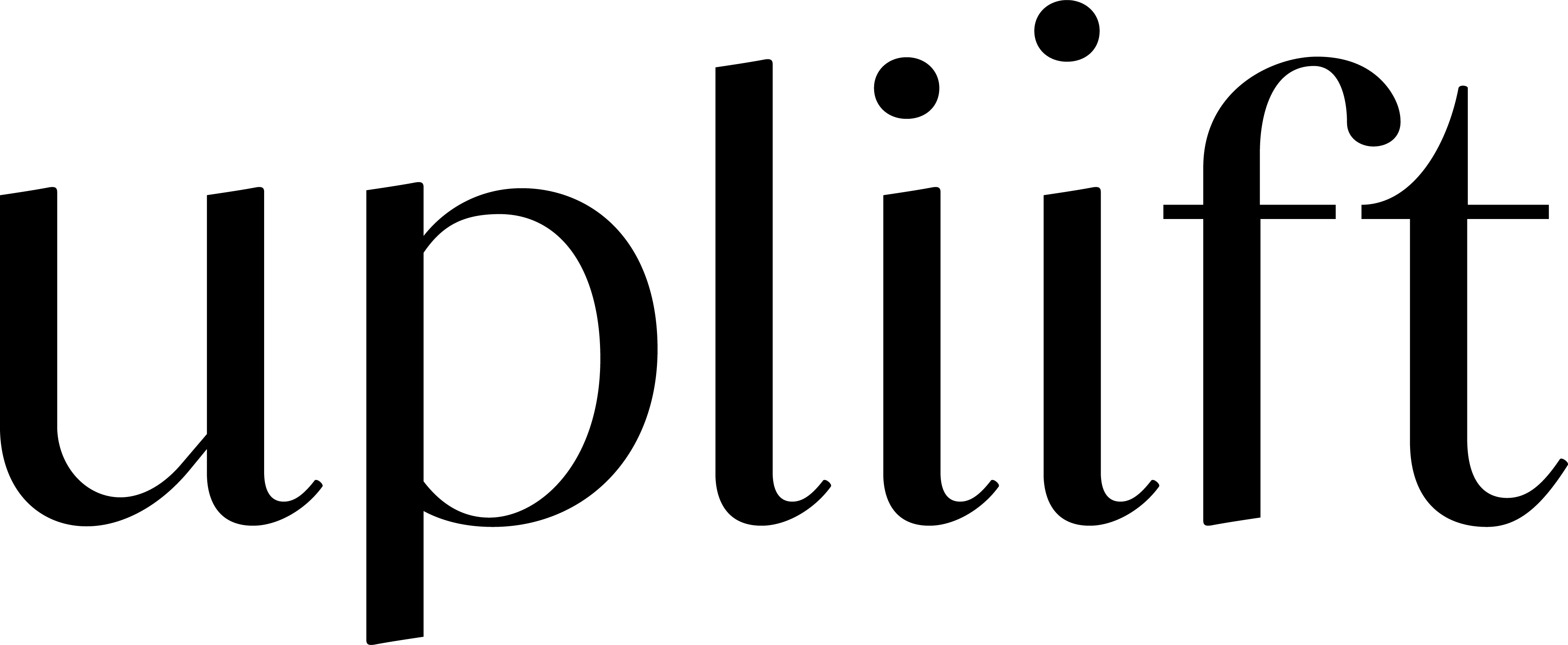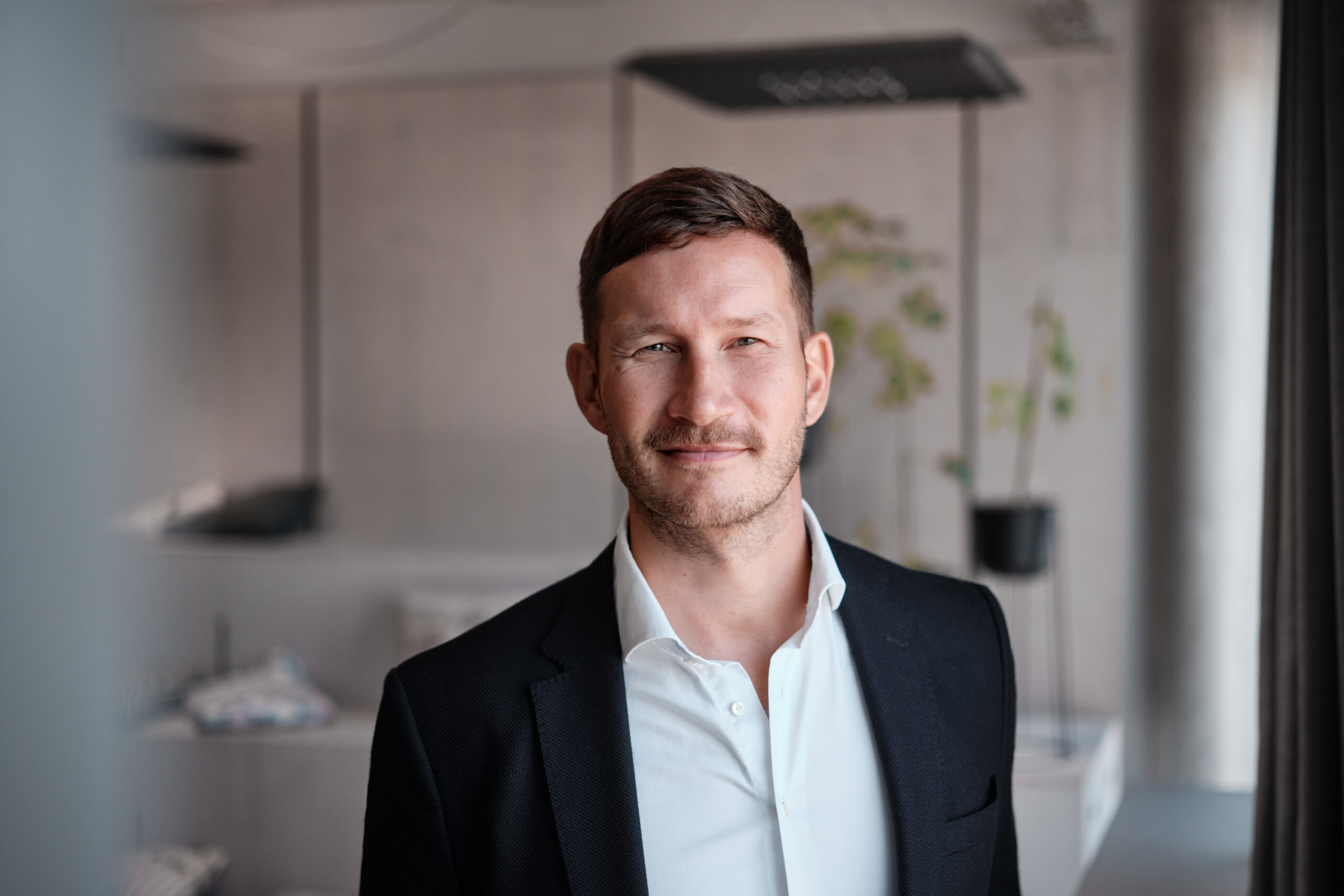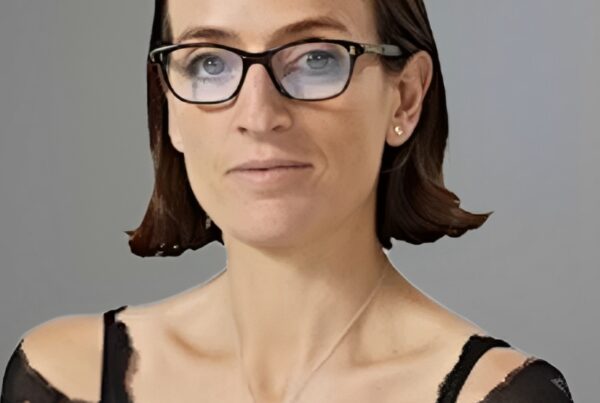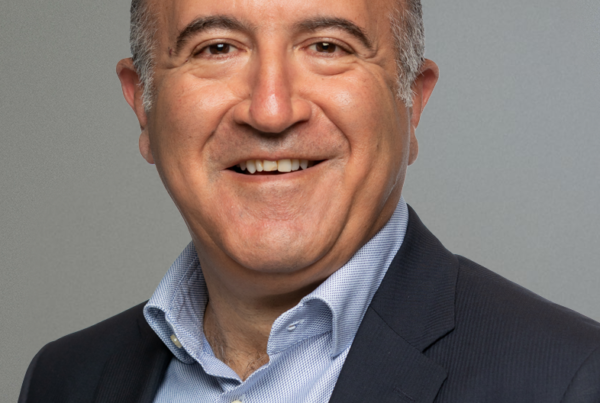Bernd Mährlein, VP EMEA at Constructor, is an experienced go-to-market leader. He talks about his role as a member of Upliift’s Advisory Board and how founders now have an investment vehicle dictated by their longer-term ambitions, not by those of investors with fixed short-term time horizons.
Highlights
- The character of the people I partner with matters hugely to me and I could not be more excited by, and aligned on, Upliift’s approach.
- Founders can realise a lot of unused potential if they have investors who think long term and are aligned with them culturally.
- Permanent equity brings something different to the table. It’s less well-known than other forms of investment but it can be the perfect match for many niche software businesses.
- As an Advisor working jointly with a founder/CEO on something we’ve mutually agreed on is so different from how lots of investors operate.
- There aren’t many permanent equity players out there – and specifically not in Europe – who understand culture and speak to founders in their language.
- Upliift’s leaders have been investing in software for quite some time extremely successfully and they’re true software industry experts.
- Flexible deal structures, including multi-stage investments, give founders options to make sure an investment truly fits both their personal and their company situation.
What’s your background in business?
Growing up in Germany, I had a limited business background because both of my parents were musicians. So, I played a lot of musical instruments before moving head-first into sport, which I took part in competitively for most of my youth. I played two Under 19 Rugby World Cups – and my rugby background is something that connects me with Oliver Thomas, co-founder at Upliift. My excitement for building businesses came a bit later, although making my own money mattered from a young age, initially delivering pizzas by bike in my hometown, Heidelberg.
I spent time in both Australia and the US after school, which connected me with a different way of doing business. It shaped my perspective – and language, of course – and I combine both European and American thinking in my approach to business. Both regions bring something different to the table and if you get the balance right, I’ve seen great things happen. Business-wise, my background is very much in sales and go-to-market, largely in SaaS and software, but I also built my own start-up a while back.
Tell us about that early start-up business – and what happened next?
It was a sports equipment and technology eCommerce retail company that came from my lifelong interest in sport. We took what worked well in Australia, New Zealand and the US and brought it to Europe. During my early days in software, I spent some time with SAP, which gave me insight into how a big software company operates. From there, my focus was mainly on building smaller US-headquartered software companies in different parts of Europe. In short, I just really enjoy establishing and building US-based B2B SaaS companies and starting regions from scratch.
Where did you develop your scale-up expertise?
The first company I joined after SAP was SaaS provider Intralinks, which had IPO’d a year or so before I came aboard. It focused on providing virtual data rooms to M&A professionals, such as lawyers or investment bankers. Talking to these investment bankers and finance professionals every day, including venture capital and private equity people, gave me a lot of exposure to the M&A world, which I discovered I enjoyed and learned a lot from. My next move was pivotal in terms of my career and made a massive difference to my go-to-market experience. I was recruited into MongoDB two years before its IPO. The period before a company goes public is very special as you work out how to prepare for the IPO and what’s important in terms of the go-to-market setup.
What prompted your move to Constructor at the start of 2024?
After MongoDB, I spent about seven years building parts of EMEA for two different US-based cybersecurity companies. After these experiences, I evaluated the market deeply (details here) and Constructor stood out because of the metrics they generate for their customers, as well as for their own business. In a sense, this has felt like coming full circle back to when I had my own eCommerce company years back. Constructor is a pretty unique setup in the current B2B SaaS environment in that it’s privately held and has operated on near cash flow positive grounds at 100% growth for the last few years. Again, more info here.
How did you get involved with Upliift?
I’ve known of and followed the career of founder and co-CEO Michael Hammerstrӧm for some time. Through him I also met Oliver Thomas, Upliift chairman and co-founder, and began following what he was doing too. How he built his career and the value system behind it is very impressive. There are a lot of similarities between what I do and the guys leading Upliift. Michael and I had previously talked about the potential for what we do fitting together at some point in time and that time has come. We’ve jointly identified that I’ll be able to support on multiple fronts but first and foremost I’ll be working with some of the portfolio companies around their GTM. I enjoy building companies and doing so with the right people. The setup here is very promising.
How does your background align with what Upliift is doing?
The companies being acquired and grown by Upliift have great products and great markets. They’re profitable. They’re making money. But what they often don’t have is extensive go-to-market experience, process, or people. It’s hard for them to forecast their growth and be able to expand in a structured way quarter by quarter, year over year. So, there’s potential for investment into go-to-market capabilities that will yield tangible benefits in the years to come. That’s what I’ve been doing over the last 10-plus years in different setups. I’ve worked for North American companies that are very good at GTM execution and I’ve taken and evolved that knowhow to build their businesses in different European geographies.
There are parallels in this with the Upliift leadership team. They also learned some of their skills and gathered experiences from great companies in North America and Europe. Now they’re combining that experience with a focus on supporting the under-served bedrock of the European software industry. The character of the people I partner with matters hugely to me and I could not be more excited by (and aligned on) Upliift’s approach. Their grit, work ethic, passion, ability to learn and iterate quickly, and simply their competence, really click with me.
Does your early experience of running a company help you relate to founders?
Yes, very much so. I’ve always been somebody who enjoys building from scratch. And whether I’m talking about the company I built with a partner or when I was establishing a country or a region for a US-based company, there’s not that much difference, although obviously the risk you carry varies. So, for the companies that Upliift is building, the challenges are similar to those I’ve encountered over the years. For example, you need to make sure you can build a repeatable business, that you can forecast, and that you have enough budget to finance your growth. You must think about what you’ll be doing in the next quarters and build towards it with a strategy that gives you some leeway, especially if you don’t yet have the people or process to deliver.
What are the key issues facing German software companies currently looking for investment?
Things are not really any different in Germany than in other European markets in my opinion – but I’m also not ‘the’ expert on that topic. Most of the smaller companies and the revenue ranges that Upliift is really interested in have grown up through founder-led sales, so they don’t have the necessary sales and marketing setup and it’s largely about bandwidth and focus. What I would say is that some of these German companies have been building healthily over time in very niche markets. At the same time, there is a lot of unused potential that can be realised if you have investors who think long term and are aligned with you both culturally and in terms of the knowledge you can use to build.
How do you view the investor setup for these smaller companies?
I currently don’t see strong options in terms of the ability to partner with people who can provide funds – in combination with that long-term horizon versus the usual PE and VC investors. These latter investors typically have a time horizon dictated by the fund and depending on what time you enter into that fund, as well as on when parts of your business or your whole business are bought. You’re very dependent on a timeframe that might not always align with what you want to do, or where you want to go as a company if, for example, you’re a middle-aged founder. There aren’t many permanent equity players out there – and specifically not in Europe – who understand culture and speak to you in your language, as well as having that longer-term horizon.
How important is it that an advisor understands a founder’s particular market?
Overall, while there are some synergies in the different SaaS industries I’ve been involved with, I think if you’re an individual who grasps new information fairly quickly, and you have some kind of a playbook that you’ve built over time (and has been successful), then you can likely apply ‘parts’ of that playbook to most setups in SaaS and software. The key thing here is not so much the ‘what’ but the ‘how’. How do you apply that playbook? Do you come in and say, hey, Mr Founder, I know you’ve built this company for 15 years but here’s an amazing playbook that you must now implement! Clearly, that’s never going to work. People who’ve built a company over so many years have pride in what they’ve achieved and that has to be respected. There’s depth to each individual setup and pride/experience is, of course, just one aspect here.
Can you expand on how an advisor might approach working with founders and their teams?
It’s important to say that not everything works everywhere. So, as an example, while certain ‘plays’ within the companies I’ve been fortunate to be involved in have been successful, that doesn’t mean I can come in as a new leader somewhere else and announce that we’re going to do everything differently and repeat what I’ve done elsewhere. You first need to come in and listen. You must try to understand the dynamics of that specific market. How? By truly listening so that you can pick up on the key themes. Then you can come up with perhaps one or two initiatives that might be hugely relevant in that specific situation, and for which you can get agreement on in terms of whether they think this could make sense and what the desired outcome might be.
How does this collaborative approach differ from other, more aggressive, investor models?
Working jointly with a founder/CEO on something we’ve mutually agreed on is so different from how lots of businesses operate. Specifically, I’ve seen US investors who’ve come in and demanded that a company does this or implements that – immediately. This is, of course, over-simplifying things and I don’t know if it works well for US-based founders, but it certainly doesn’t work well when you do the same thing in 10 different European countries and then compare the outcome.
Why is permanent equity a credible investment alternative for many of these niche companies?
While I haven’t had massive fundraising experience myself, I have had exposure to SaaS founders and exits, as well as to how they think about building their companies. Many are highly dependent on venture capital and private equity funds, while also utilising debt in various forms.
Permanent equity brings something different to the table. It’s less well-known than other forms of investment but it can be the perfect match for many niche software businesses, so long as they have a track record of profitability and a clear vision for where they want to go. When it’s done right, permanent equity is about achieving a strong return and maximum growth for the business in the long term. Unlike PE and VC, permanent equity has no investment horizon, which removes a key area of conflict between investors and operators/owners.
How can Upliift promote the permanent equity model?
Founders don’t really know much about permanent equity. So, we have a job to do just in terms of educating the market in the art of the possible. After all, it’s not like founders are walking around day after day looking for ways to fund their companies. Rather, they are operators, focused on running their companies and that’s hard enough. So, it’s up to us to help them understand what permanent equity can do for them and how they can access it.
For example, there are some key requirements, such as having a track record of profitability. And they need a clear vision for the future because how can you partner with someone if you don’t know where you want to go? Overall, permanent equity is about achieving strong returns as well as some growth aligned with where the company wants to go and where the investors need to go with their funds for the long term. This ‘long term’ is key but there are not many investors out there truly focused on it.
Why do you believe Upliift is different from other permanent equity investors?
The feedback I get from the market around what people appreciate are the flexible deal structures, including multi-stage investments for founders. This gives them options to make sure an investment truly fits both their personal and their company situation and is only possible by working deeply with founders to understand what they need. So, from a human perspective, the Upliift team lives and breathes listening, empathy and collaboration.
I’d add that Upliift is also genuinely focused on fair valuations and long-term growth – it just has to make sense for both sides in the long term.
One final differentiator is the absolute focus on European software businesses. Check out the team members’ LinkedIn profiles and you’ll see they are located in different countries around Europe. This means they truly understand and respect local cultures and are part of the European ecosystem. Of course, Upliift’s leaders have been investing in software for quite some time extremely successfully and they’re true software industry experts. They have an absolute focus and it’s all built around niche European software businesses.







